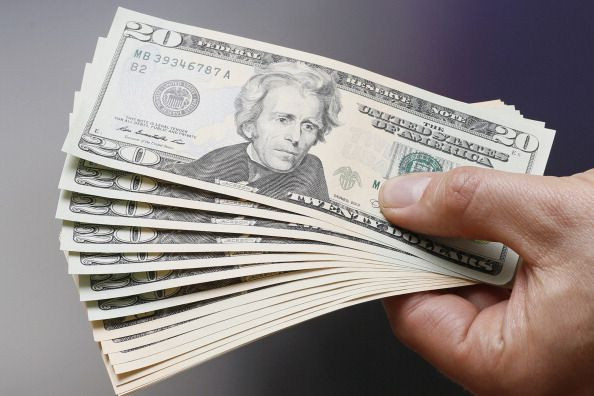US Federal Reserve Rate Hike: Solid Inflation Keeps December Liftoff Alive

Federal Reserve Chair Janet Yellen received economic vital signs Tuesday that show a U.S. economy in the midst of a healthy late-stage recovery. The readings affirm the Fed's apparent stance on a forthcoming interest rate hike in December.
The Fed said output at U.S. factories and manufacturing facilities rose in October for the first time in three months. Meanwhile, consumer prices edged higher, getting closer to the 2 percent range that Yellen has said would trigger Fed rate increases.
Manufacturing production increased 0.4 percent last month. At the same time, the prices on goods and services in the U.S. rose 0.2 percent, with strong increases in medical care and rents. Excluding the volatile categories of food and fuel, inflation ticked up 1.9 percent in the past 12 months, meeting economists' expectations.
The firm inflation data will play a role in the Fed's decision whether to raise near-zero benchmark interest rates in its next meeting Dec. 15-16. Fed officials have signaled that they will be watching closely for signs that economic activity is moving along steadily before deciding to tighten monetary conditions for the first time in nearly nine years.
Commodities dipped 0.1 percent, while services excluding energy continued to get pricier, with a 0.3 percent rise in October. Over the past 12 months, services saw 2.8 percent inflation, with the cost of shelter rising 3.2 percent.
Overall inflation figures, including food and energy, have come in well below Fed targets in recent months. Those declines were driven by sagging energy prices. The price of oil fell nearly 50 percent in the past 12 months, affecting a galaxy of other products. Meanwhile, a stronger dollar weighed on U.S. manufacturers and dampened prices of imported goods.
Global economic concerns that had preoccupied the Fed over the summer -- including market volatility and a sharp economic slowdown in China -- have subsided. Though the terrorist attacks in Paris last week raised worries around Europe's fragile economy, markets haven't reacted negatively. The CAC 40, France's main share price index, is up more than 3 percent since Monday's open.
Despite a healthy showing, the core U.S. inflation measure was still a notch below the Fed's target of 2 percent, not having risen above that threshold since July 2012. Fed members reluctant to raise rates cited excess slack in the labor force as a key factor in keeping prices soft.
© Copyright IBTimes 2025. All rights reserved.






















